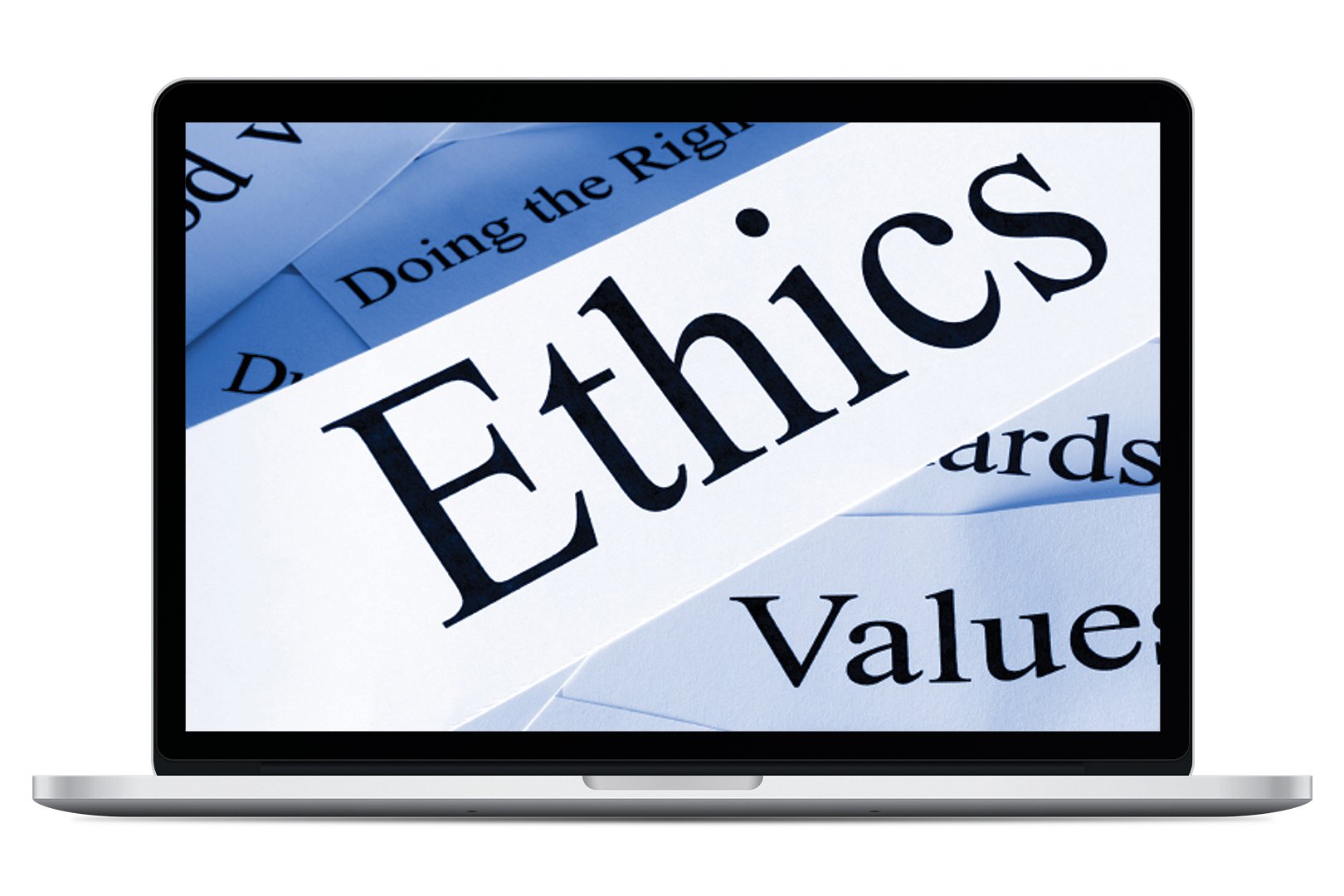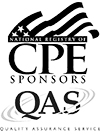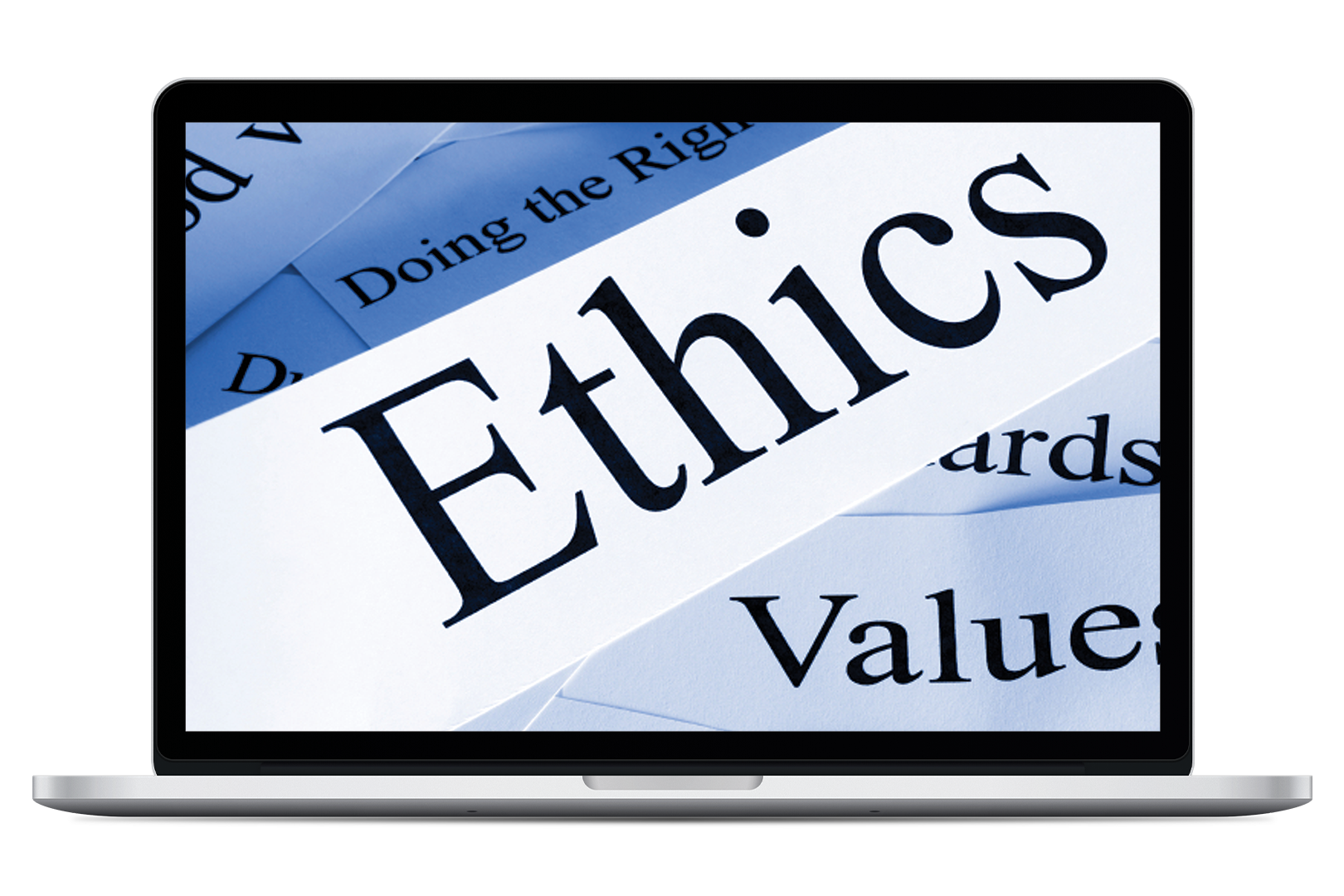How to Build an Effective Ethics Program

Basic
Online
Description
An effective ethics program emphasizes your organization’s commitment to high standards, gives employees a guideline on how to make ethical decisions and provides a protocol for reporting ethical violations.
In this course, you will learn how to create and implement an effective ethics program, examine challenges that may arise after implementation and take steps to ensure the program remains successful.
Key Takeaways:
- How to assess your organization’s ethical climate
- Best practices for developing and implementing an effective ethics program
- Tips to ensure your ethics program remains successful
Prerequisites
None
You Will Learn How To:
Identify why good people do bad things
Identify the essential components of an ethics and whistleblower policy
Determine best practices to use for developing and implementing an effective ethics training program
Ascertain the impact of ethics on employees and the culture of an organization
Table of Contents
| Lesson 1 | What Is Ethics? |
|---|---|
| Lesson 2 | Why Do Good People Do Bad Things? |
| Lesson 3 | The Importance of Business Ethics |
| Lesson 4 | Ethics Versus Compliance |
| Lesson 5 | Conduct an Ethics Risk Assessment |
| Lesson 6 | Mission and Core Values |
| Lesson 7 | Write the Ethics Policy |
| Lesson 8 | Create a Whistleblower Policy |
| Lesson 9 | Executive-Specific Code |
| Lesson 10 | Hire Ethical People |
| Lesson 11 | Tone at the Top |
| Lesson 12 | Conduct Effective Training |
| Lesson 13 | Making an Ethical Decision |
| Lesson 14 | Ethics as Organizational Culture |
| Lesson 15 | Post-Implementation Challenges |
| Lesson 16 | Conduct an Ethics Audit |
| Lesson 17 | Why Do Ethics Programs Fail? |
| Lesson 18 | Conclusion |
CPE Information
| CPE Credit: | 3 |
|---|---|
| NASBA Information: | Regulatory Ethics |
| Advance Preparation: | None |
| Last Updated: | June 2024 |
| Delivery Method: | QAS Self-Study |
Policies
CPE Credit
Please note: To be eligible for CPE credit, you must complete the final exam within one year of purchase date. You may only claim CPE credit for a course once.
ACFE Online Self-Study Courses
Features:
- 24/7 access to courses through your Internet browser
- Save time and quickly earn CPE credits with instant access, grading and printable certificate
- The flexibility to start or stop a course and pick-up right where you left off
- No additional shipping fees
Learn More about accessing your online self-study course
Learn More about online self-study courses and their features
System Requirements:
- Internet access: High-speed connection recommended
- Speakers required for video sound
 The Association of Certified Fraud Examiners, Inc. is registered with the National Association of State Boards of Accountancy (NASBA) as a sponsor of continuing professional education on the National Registry of CPE Sponsors. State boards of accountancy have final authority on the acceptance of individual courses for CPE credit. Complaints regarding registered sponsors may be submitted to the National Registry of CPE Sponsors through its website: www.nasbaregistry.org/.
The Association of Certified Fraud Examiners, Inc. is registered with the National Association of State Boards of Accountancy (NASBA) as a sponsor of continuing professional education on the National Registry of CPE Sponsors. State boards of accountancy have final authority on the acceptance of individual courses for CPE credit. Complaints regarding registered sponsors may be submitted to the National Registry of CPE Sponsors through its website: www.nasbaregistry.org/.
Ordering and Returns
Satisfaction Guarantee
If you are not 100% satisfied with any ACFE product, you may return it to us, provided it is in excellent condition, for a full refund of the item minus the cost of shipping. Toolkits and bundles may only be returned as a complete set.
Ordering & Returns Policy

